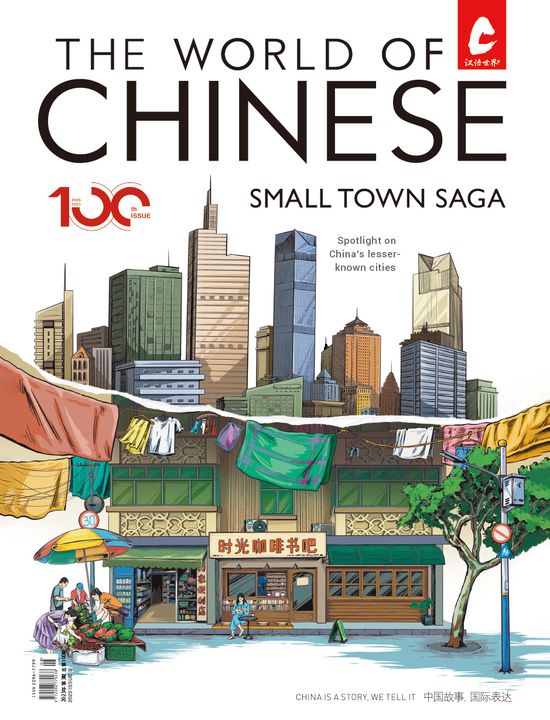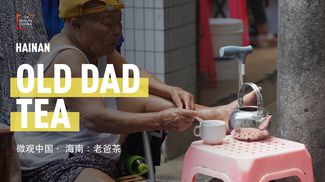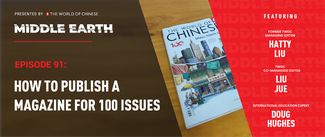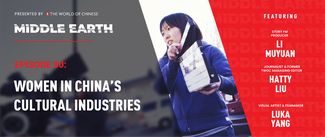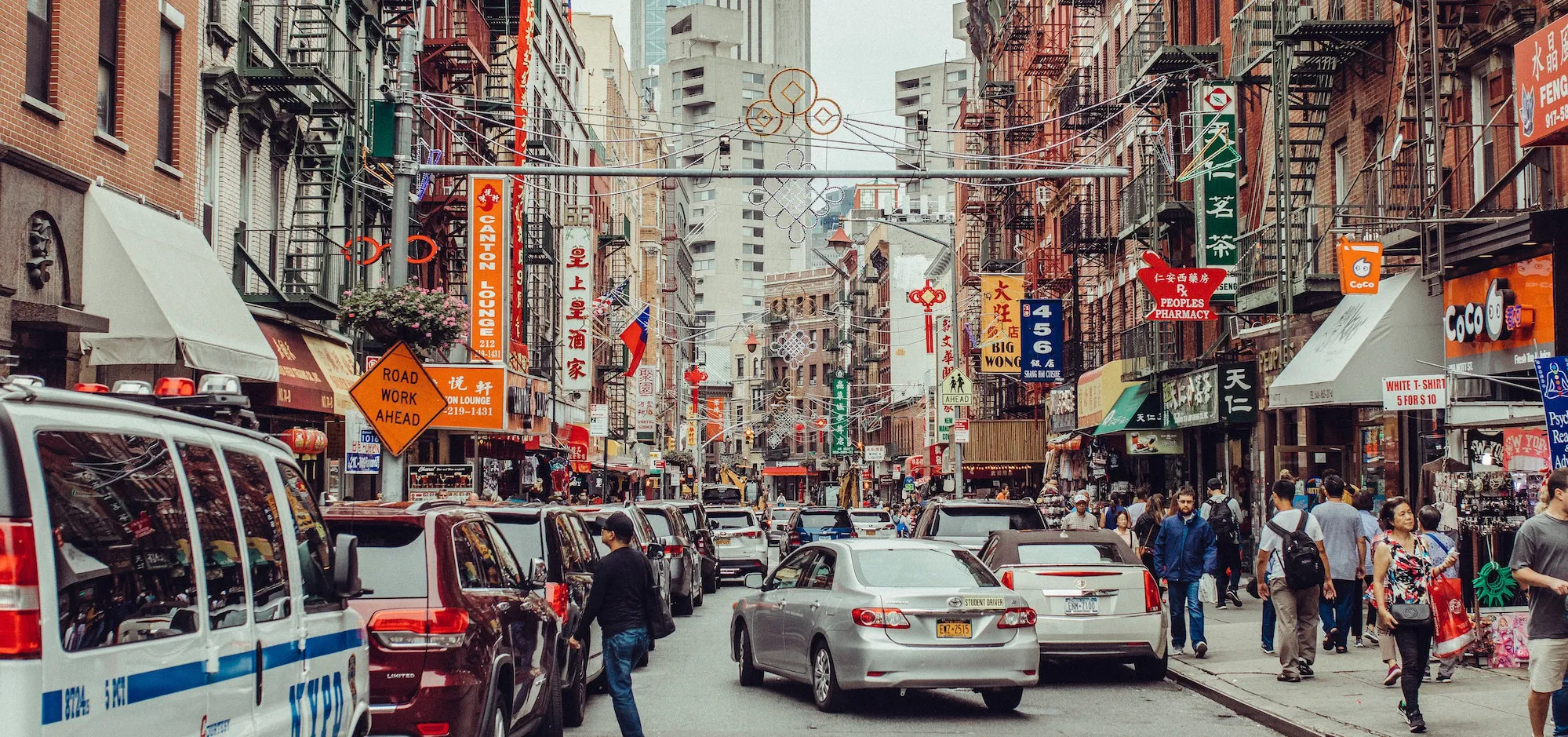An immigrant from China's Fujian province recalls her life as a masseuse in New York after the Atlanta shootings
This story is published as part of TWOC’s new collaboration with Story FM, a renowned storytelling podcast in China. It has been translated from Chinese by TWOC and edited for clarity. The original can be listened to on Story FM’s channel on Himalaya and Apple Podcasts (in Chinese only).
On March 16, 2021, eight people died following shootings at three massage parlors in the Atlanta metropolitan area. Six of the victims were Asian women.
The shootings became a catalyst for the Stop AAPI Hate movement. Demonstrations against anti-Asian discrimination erupted around the country.
Since the start of the Covid-19 pandemic in 2020, there have been at least 3,800 anti-Asian racist incidents in the United States. Nearly 70 percent of the victims have been women.
There are countless Chinese massage parlors in Chinese enclaves across America, and countless Chinese women working in those parlors. Unlike exchange students with their TOEFL scores, these massage workers typically have only a junior high or high school education. Some may not have come to the US through legal avenues.
In this episode, we interview one of these women, named Coco. Coco left Changle, Fuzhou province, in 2015, when she was 21 years old. She illegally entered the US and came to Flushing, a neighborhood in New York City that is the largest Chinese neighborhood in the US. Life there is hardly distinguishable from life in China. Coco worked in Flushing’s massage parlors for four years.
-1-
Growing up in Changle, Fuzhou
My parents had three girls in a row. They didn’t stop having kids until my brother was born.
I didn’t get into senior high school, so I started working whatever jobs I could—I was a receptionist, then a cashier. I never enjoyed studying, and could never remember what my teachers taught me.
Of the 40 students in my grade, more than 20 of us didn’t go on to senior high. Around 10 or so ended up coming to the United States, including seven or eight boys and two or three girls.
I left China when I was 21, because if I had kept working odd jobs in Fujian, the most I could have made was 3,000 yuan a month. So my parents asked if I wanted to leave the country, and I said okay.
